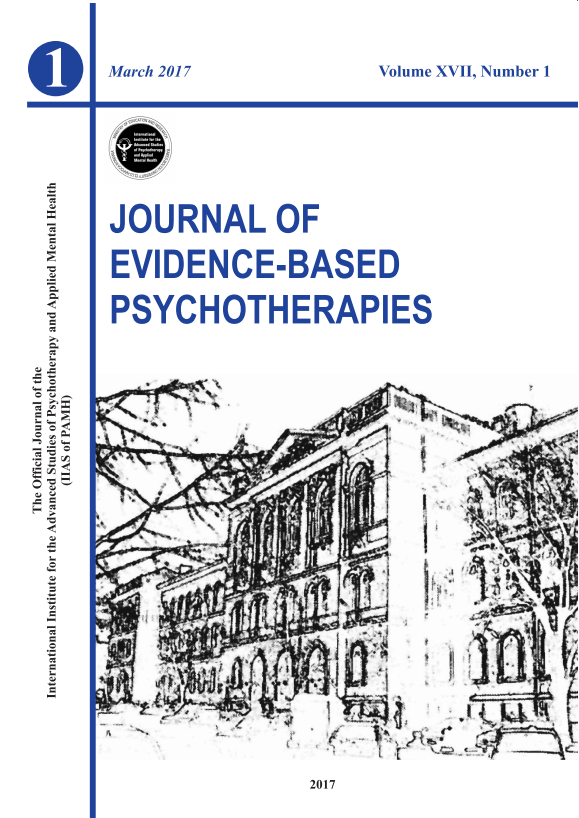Andreea Mihaela MIHALCA*
Institute of Psychology, Jagiellonian University in Krakow, Poland
Abstract
The Emotion Awareness Questionnaire (EAQ30) is a self-reporting tool measuring emotion awareness in children. Previous studies provided only marginally compelling evidence for the coherency and validity of the construct. This present study aims to enhance the understanding of the construct measured by further analyzing the reliability, stability, structure and validity of the EAQ30. Four hundred and forty-six Romanian children aged 11 to 16 participated in the study. The findings show that the EAQ30 subscales have questionable to acceptable internal consistencies, weak short-term and long-term reliabilities, low or negative inter-scale correlations and an inconsistent pattern of relations with the validity criteria. Additionally, the six-factor structure was not confirmed. Instead, the EAQ30 seems to have a four-factor structure represented by identification of emotions (Differentiating Emotions), internal-oriented thinking (Bodily Awareness and Analyses of Emotions), expression of emotions (Verbal Sharing and Not Hiding) and interest in other’s emotions (Attending to Others). Nevertheless, not all dimensions have coherency or validity. Consequently, directions for revising the instrument are suggested.
Keywords: EAQ30; emotion awareness; psychometrics; confirmatory factor analysis; validity.
